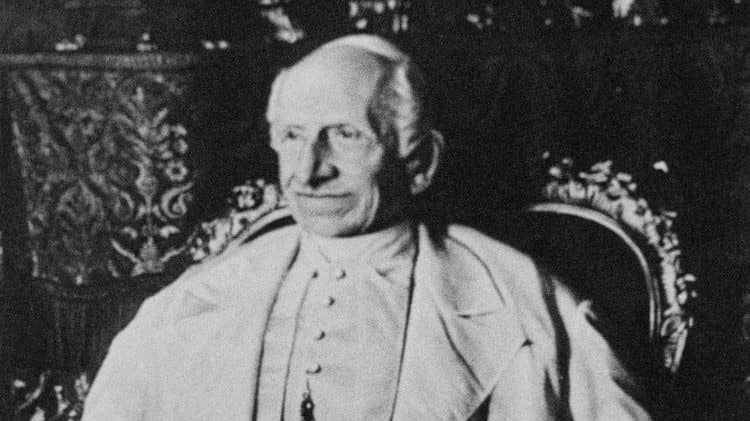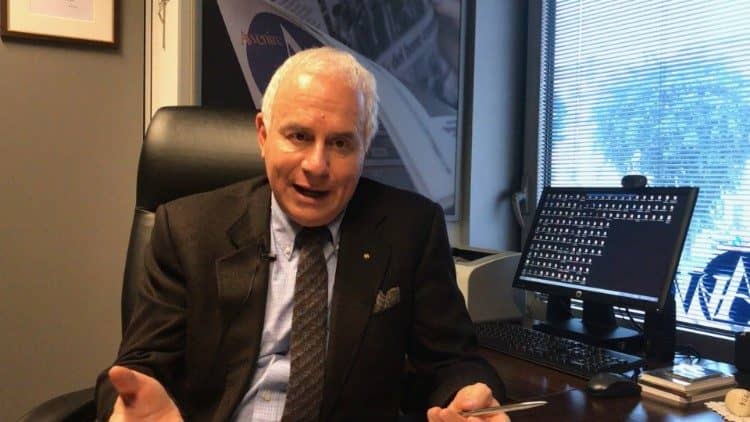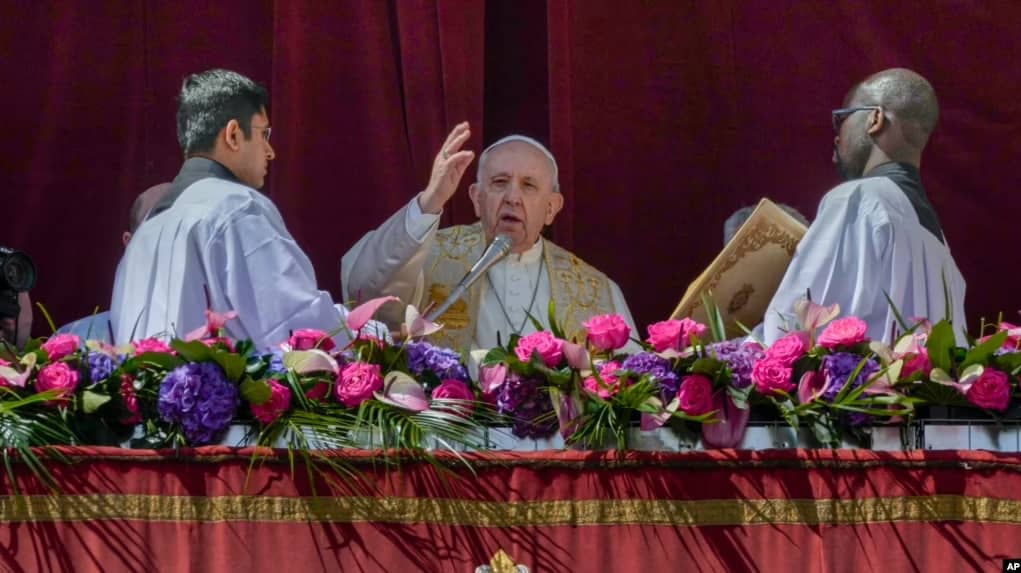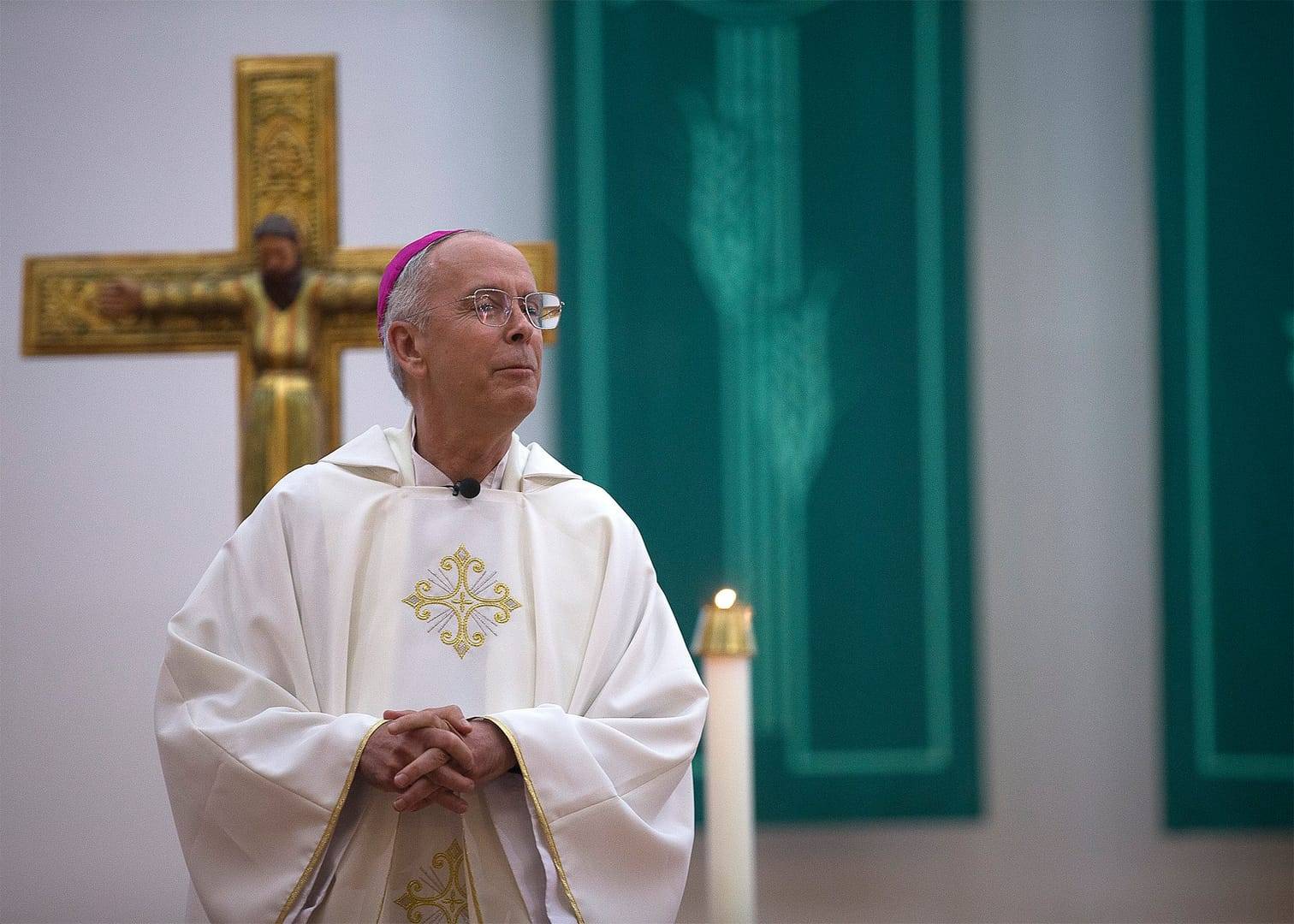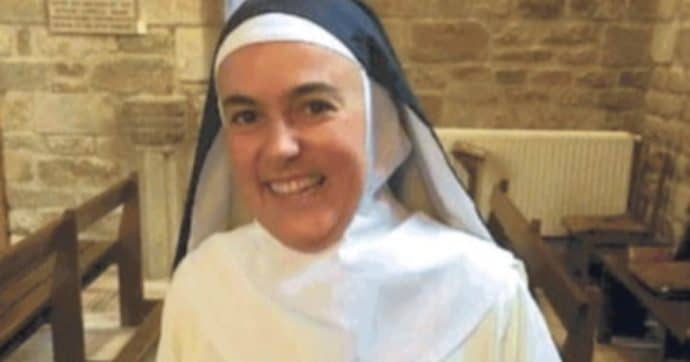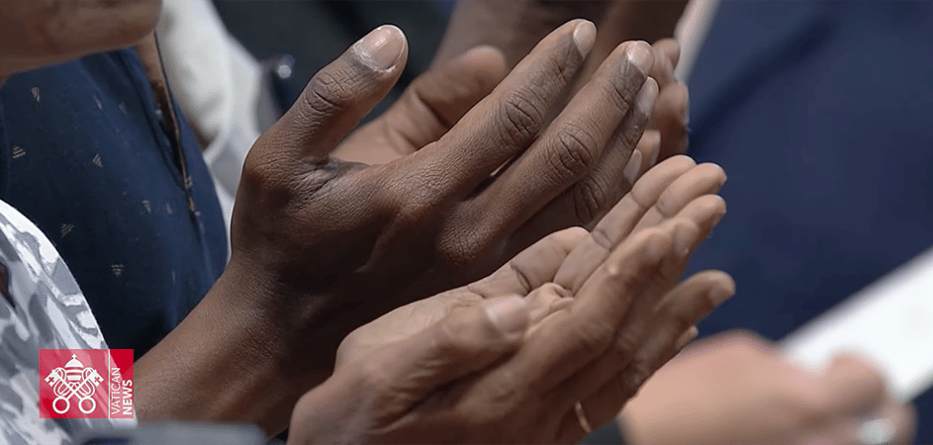In his celebrated 1958 novel Il Gattopardo, Giuseppe Tomasi di Lampedusa captures the sense of an old world passing away during the Italian Risorgimento in the 19th century, which dethroned the old nobility and eventually led to the unification of the country. At one point the character Tancredi, a young noble trying to make his way in the new order, delivered the novel’s epigrammatic line.
“Everything must change,” Tancredi says, “so that everything may stay the same.”
Recognizing the cultural truth embedded in the saying, Italians today have the delicious phrase una riforma gattopardesca, “a Gattopardo reform,” to refer to seemingly dramatic changes that don’t actually alter the fundamental dynamics of a situation.
That phrase leapt to mind on Friday, when the Vatican announced a series of new appointments to the Press Office following the New Year’s Eve departures of former spokespersons Greg Burke and Paloma Garcia Ovejero.
In all, four new positions have been created, including a new “senior adviser” to the director of the Press Office, two new “assistants,” and an “office manager.” Strikingly, all four were entrusted to non-Italians – there are two Americans, a French woman, and a Peruvian in the mix. Two of the four are women.
For the most part, these are genuinely decent folks. Alessandro Gisotti, for instance, the interim director, is a longtime veteran of Vatican Radio seen over the years as a valuable colleague always willing to help. Thaddeus Jones, the American tapped for the role of office manager, may well be the single nicest guy ever to set foot on Vatican grounds.
(Insiders will also note that the five major gigs in the Press Office went to Vatican Radio veterans, which is eyebrow-raising given previous perceptions that the radio service was out of favor and destined for a smaller, bleaker future. That’s actually something of a hallmark of Francis’s papacy … there’s rarely any guarantee that the stars will align in quite the same way tomorrow as they do today.)
Yet shuffling personnel in and out of the Press Office, regardless of who they are or what their jobs are called, does not in itself herald genuine reform.
To assess whether this change is gattopardesca or the real deal, here’s what we’ll need to see.
First, will Gisotti and his team have direct access to Francis, without having to wade through the bureaucracy at the Secretariat of State — or, for that matter, the ever-thicker bureaucracy within the communications operation itself, especially with veteran Italian journalist Andrea Tornielli occupying the new position of editorial director?
Reporters can sniff out the difference between a spokesperson who’s speaking confidently and from real knowledge, and one who’s caught off guard or who has to call somebody else to get the scoop. The former, obviously, carries more credibility and is far more effective in getting the boss’s message across.
Second, will the Vatican’s communications experts have a seat at the table when the sausage is ground, helping decision-makers, and ultimately the pope himself, consider the likely reception of a decision before it’s made?
A quick story captures the importance of such an arrangement.
In 2009, Pope Benedict XVI decided to lift the excommunications of four traditionalist bishops, one of whom had an easily discoverable history of Holocaust denial. The Vatican brain trust, including its most senior leadership, met shortly before that decision was announced, and their discussion was dominated by the precise canonical status that the bishops and their Society of St. Pius X would occupy going forward.
Not present in the room were either the press spokesperson at the time, Father Federico Lombardi, or the Vatican’s then-top official for relations with Jews, Cardinal Walter Kasper. The result of not considering those perspectives was a media firestorm and an inter-faith disaster, which ended with Benedict sending a plaintive letter to the bishops of the world apologizing for mishandling the affair.
(Touchingly, the bookish pope even apologized for not Googling Williamson: “I have been told that consulting information available on the Internet would have made it possible to perceive the problem early on,” he wrote.)
The question is, will that change under the new regime? Or will the Vatican’s communicators still be reduced to trying to defuse bombs after they’ve already gone off?
Third, will Gisotti (or whoever becomes the director) have the heft, which can only be generated by perceptions that he’s an insider with the full support of the pope, to keep other Vatican heavyweights in line?
Quite often, media headaches aren’t caused by the Vatican’s official communications channels but by a confusing welter of other figures taken by the public as representing the Vatican – retired cardinals, for instance, or heads of pontifical councils, or leaders of pontifical organizations or agencies, many of whom periodically pop off about one thing or another.
In 2010, for instance, former Secretary of State Angelo Sodano triggered a tempest by referring to the complaints of victims of clerical sexual abuse during an Easter Sunday Mass as “idle gossip.” By then Sodano no longer held office, but his comments nonetheless caused angst for Benedict’s papacy.
The question is whether the pope’s spokesman will be able get into the face of somebody like Sodano, telling him to back off and keep quiet, or whether the usual cycle of deference to senior clergy will impede doing what needs to be done. Is Francis truly ready to back a layman over a cardinal, if push ever comes to shove?
If these three conditions are met, then a new day in how the Vatican engages public opinion may dawn. If they’re not … well, the Tancredi philosophy has served Vatican personnel well for a long time, and there’s no reason to think it won’t be equally effective now.








